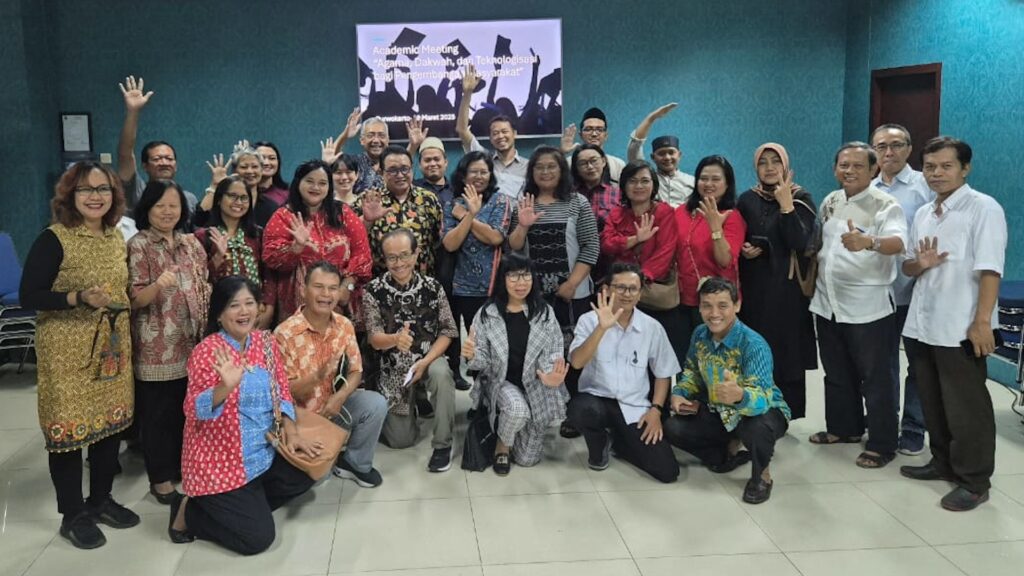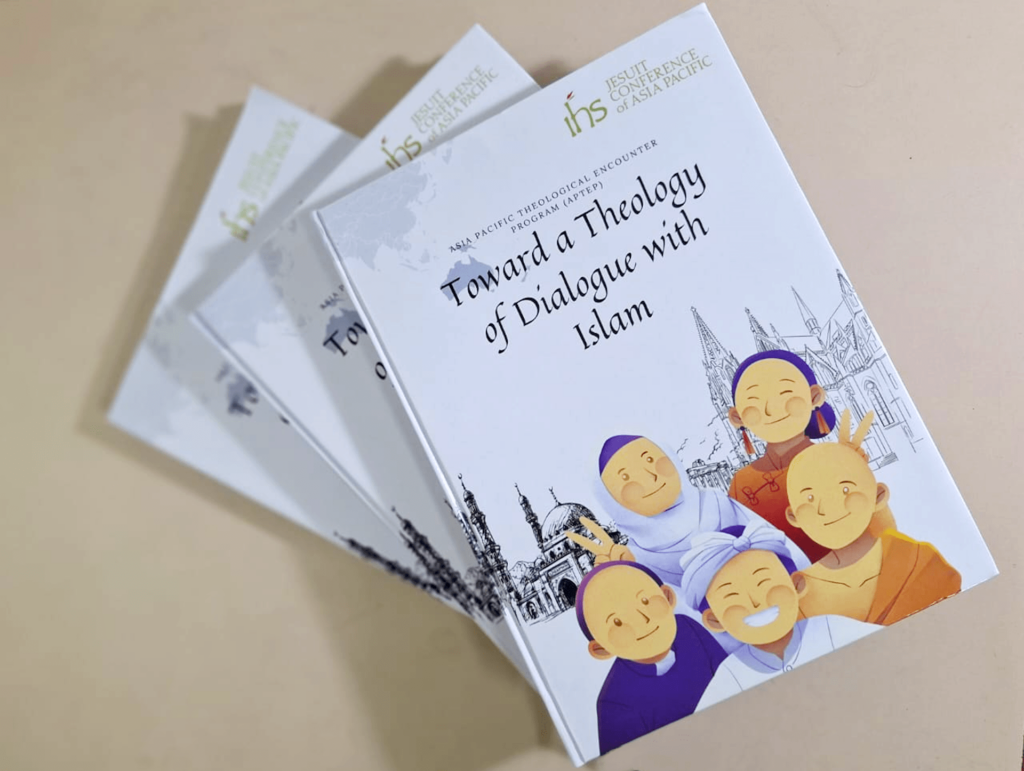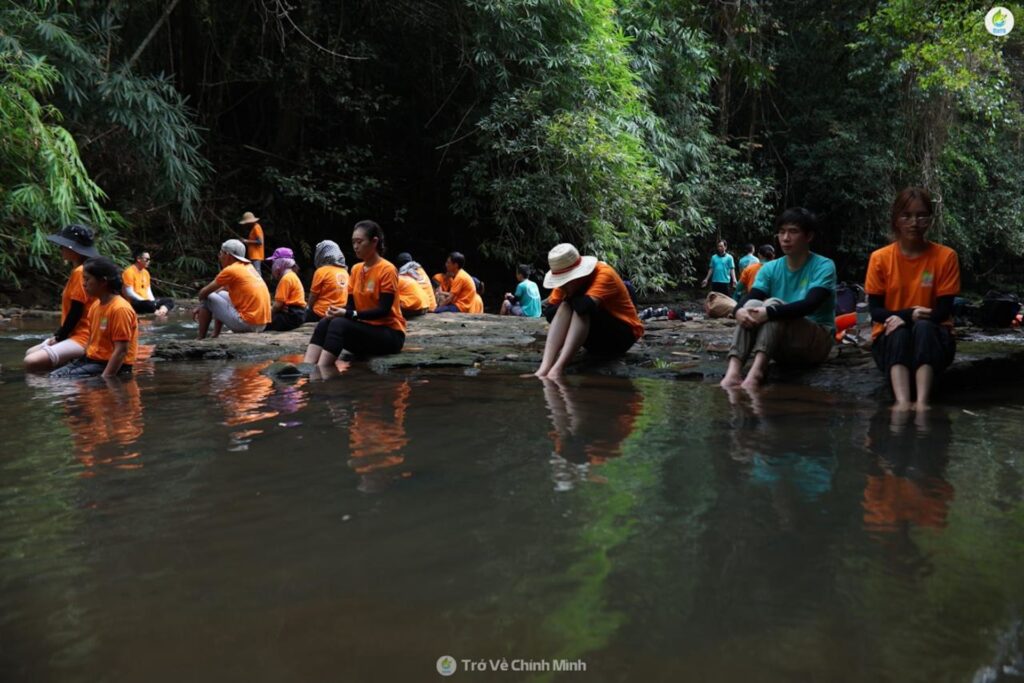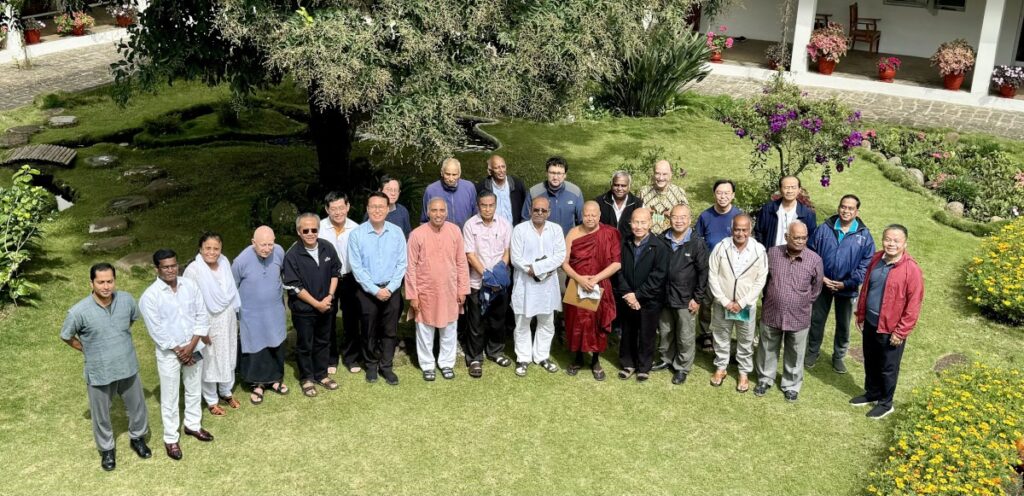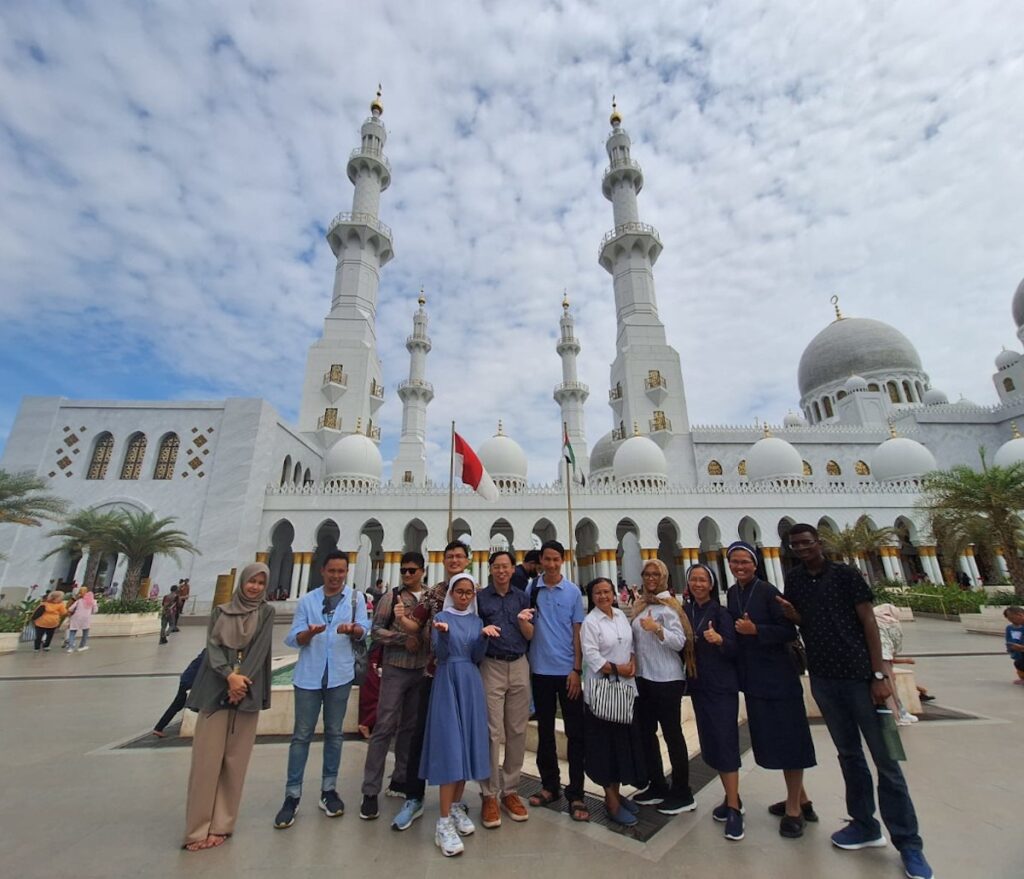In early July 2009, eighteen Jesuit scholastics studying philosophy in Jakarta travelled twelve hours by road to an Islamic boarding school in Salatiga in the Province of Central Java. Accompanied by two Jesuit priests – Frs. YB Heru Prakosa and Greg Soetomo – they were on their way to living in that boarding house with Muslim Clerics. Is this kind of engagement significant? What is the purpose of involvement in the Muslim community?
Religious Fundamentalism
In an Indonesian setting the relationship between Religious Fundamental-ism and Islam is very relevant. Jesuits and the broader Catholic Church working here, in the midst of the world’s largest Muslim population, need to come to terms with this central issue.
Religious fundamentalism has its roots in history, in social, cultural, political and economic history. GC 35 recognizes the complexity of the matter. These decrees take account of that fact.
Commitment to “the service of faith and the promotion of justice”, to dialogue with cultures and religions, takes Jesuits to limit-situations where they encounter energy and new life, but also anguish and death – where “the Divinity is hidden (GC35, D 2, n 7).
Thus as this world changes, so does the context of our mission; and new frontiers beckon that we must be willing to embrace. We plunge ourselves more deeply into that dialogue with religions … (GC35, D 2; n 24).
In the light of this, Jesuits in Indonesia need to examine the relationship between Islam, Social Injustice and Globalisation. Careful investigation will reveal a close interconnection between the three. The capitalistic policies of the neoliberal economic system are a crucial factor in spreading the seeds of religious fundamentalism. The immersion experience was undertaken keeping this in mind.
Dynamics
The project had four dimensions. The first was a first hand experience of living and working with the Muslim community; “seeing is believing,” and there is no substitute for actual experience. Second, a definite Research Methodology was followed; data gathering, interviewing techniques and social analysis were all undertaken. Third, exposure to a different philosophical and theological approaches to reality helped to integrate what was studied with real contexts. Finally, the project had pastoral implications; the results were to be of practical use to the people.
Social Package and Curriculum
The programme of Immersion in an Islamic Boarding House divided the day into distinct periods. To begin with, there was a morning discussion lasting two hours and an evening class of two hours. Three hours were allotted to field visits in the interim period. Four hours in the day were a kind of tempus liberum, devoted to Koran recitation, or sports, or outdoor projects or simply conversation. This meant that in the two-week time frame, 20 hours were spent in morning discussions, 20 hours in evening classes, and 24 hours to field visits and study. The last included a spectrum of Pesantren’s essential life: economic cooperation skill; vocational training; entrepreneurship drilling; higher education; and agricultural training. Fifty-six hours were given over to informal dialogues on Christian-Muslim relationships, religious fundamentalism and neo-liberalism.
Morning discussions had three main subjects:
1. Research Methodology, with a focus on Participatory Action Research.
2. Neo-liberalism, with a focus on socio-economic issues, politics, popular culture and religion.
3. Islamic Studies, with a focus on identity, democracy-theocracy, radicalism, women and conflict-harmony
Evening Classes/Lectures covered the following topics:
1. History of Pesantren in Indonesia
2. History of Islam in the General
3. History of Islam in Indonesia
4. Politics in Islam
5. Variants in Islam
6. Islamic Theology
7. Radicalism in Islam
8. Women in Islam
9. Islam and Javanese Culture
10. The Christian-Muslim Relationship
The programme offered valuable insights and different perspectives, all of which helped us understand better the context in which we live and work.
By: Fr Greg Soetomo
Source: Promotio Iustitiae 103 2009/3


